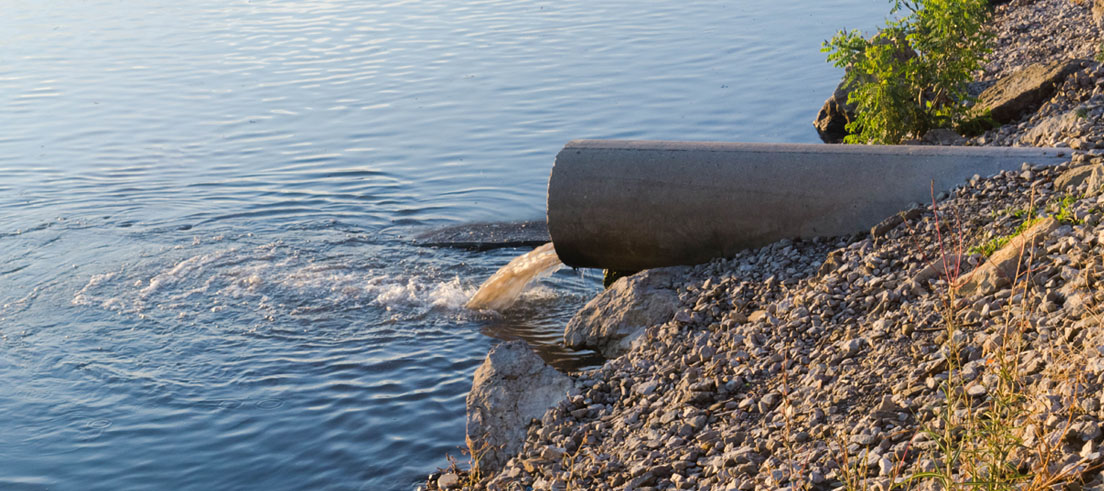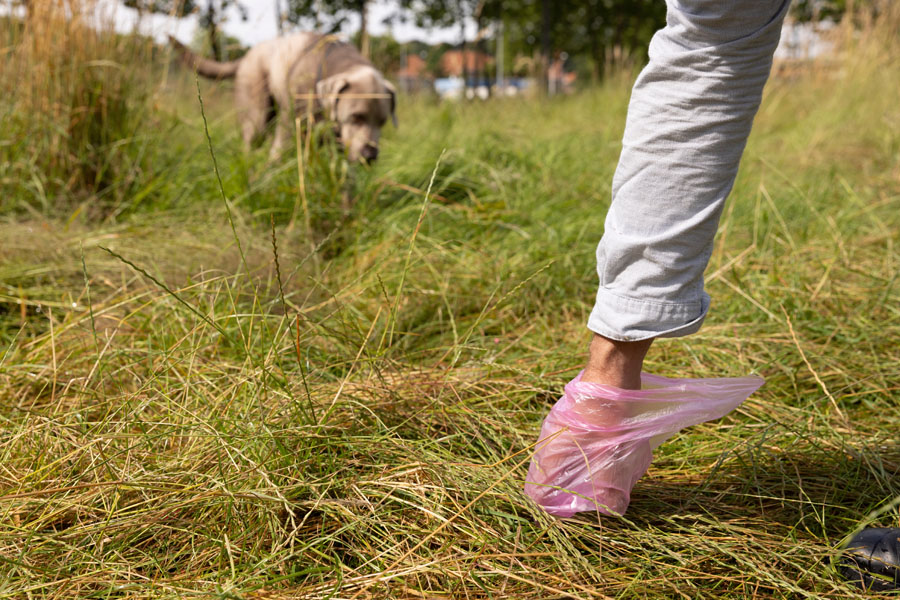
From your streets to our streams – take action to protect stormwater
This summer, we are encouraging everyone to take simple steps to protect our waterways—starting with being mindful about what ends up in our stormwater drains when you’re out and about.
Every time it rains, water washes across our roads, driveways and footpaths—carrying with it the everyday pollutants of urban life. In Waitaha Canterbury, this stormwater often flows untreated into our rivers, streams and coastal waters. From litter and dog poo to oil and detergents, what goes down the drain can have a real impact on the health of our environment.
Stormwater grates collect water running along the gutters of our urban streets. People often assume that what goes down these drains must get treated, but in most situations, this is not the case. Stormwater is typically released directly and untreated into local streams, rivers, or out to sea.
This summer, we are encouraging everyone to take simple steps to protect our waterways—starting with being mindful about what ends up in our stormwater drains when you’re out and about.
Protect stormwater when you’re out and about
As the weather heats up, we’re spending more time in Canterbury’s great outdoors. For a healthier environment, do your bit when you’re out and about to prevent toxic substances from entering our urban rivers, streams and the sea.
- 🚮 Bin it: Pick up litter and place it in the correct bin (red, yellow or green). When bringing your wheelie bins in, do a quick check of the gutters for any rubbish. Litter can end up in our waterways and harm fish and wildlife.
- 🐶 Scoop up the poop: If you own a dog, please pick up their poo and put it in the rubbish bin (red bin in Christchurch). Dog poo contains faecal bacteria that we don’t want to end up in our rivers and sea.
- ⚠️ If you see sediment, dirt, or chemicals going into the drains, tracked onto the road or entering streams and rivers, take photos and report it via Snap Send Solve or call us on 0800 765 588
We’re committed to preventing stormwater pollution because it’s key to safeguarding the health of our rivers, streams and marine ecosystems.
Dr Elaine Moriarty, manager water and land science, explains the impact of polluted stormwater:
“It’s easy to forget, but whatever goes down our stormwater drains can travel straight to our rivers, lakes and coasts - so being mindful helps protect the places we value.”
“Seemingly harmless things like a bit of household litter or dog poo can pose significant risks to our marine ecosystems and public health.”
The impact on our wildlife
Oil can dissolve in water and poison aquatic life. Just one litre of oil can cover 100 square metres of surface water, preventing oxygen from entering the water. The same amount can contaminate the equivalent of two Olympic-sized pools of water and smother birds and other animals. Fuels and solvents that make their way into waterways can damage fish gills, poison animals and burn plants. These pollutants can also contain carcinogenic chemicals, which build up in the tissues of aquatic animals.
Keep our waterways plastic free
By picking up litter, we prevent plastics from degrading and polluting our freshwater and marine environments.
Data shows that litter continues to be an environmental issue for Waitaha Canterbury. The 2022 National Litter Audit found that over the nearly 47,000 m² of our region surveyed, there was:
- 156 items of litter per 1,000 m²
- 0.82 kg of rubbish per m²
- 20 litres of waste per m²
That’s enough rubbish to fill around 20 large rubbish trucks across the audited area. The most frequently found material in the area surveyed? Plastic.
Litter dumped on the ground doesn’t stay there. When plastic waste is left outside, rain or wind can carry it into stormwater drains, which flow directly into rivers and the sea. Over time, these larger plastic items break down into tiny fragments called microplastics. Microplastics are difficult to remove and harmful to our precious aquatic ecosystems and native bird life.
The simplest way to fight microplastics? Pick up litter whenever you see it.
Protect stormwater when you’re at home
It's also important to protect pollutants getting into stormwater networks while at home. Common household projects like painting or car washing can involve the use of toxic substances and detergents outside. Using these products improperly, or not cleaning up well after the job is done, can mean real problems for the waterways in our region.
Unlike the drains in our home that collect wastewater from our kitchens, bathrooms and laundries that gets treated for contaminants, water collected from the drains outside of our home is not treated. Stormwater is released directly and untreated into local streams, rivers or out to sea.
- 🖌️ Paint clean-up: When painting around the house, wash brushes in the sink, not down the drains outside.
- 🗑️ Latch your bin lid: Wind knock over your wheelie bins? Use a latch to keep the lid secure, preventing rubbish spills and keeping your street tidy. Check your local council’s website to see if they offer these.
- 🏡 DIY projects: Sweep up any sawdust and leftover bits and pieces. Ensure scraps and rubbish go in the red bin.
- 🥬 Be careful with sprays and fertilisers: When using sprays or fertilisers in your garden and around your home, always make sure to use them away from areas where water may run into stormwater grates.
- 🚗 Car maintenance: Wash your car on the lawn, grass verge, or at a car wash. Stay on top of your regular service to ensure oil is not leaking from your car onto the road.
Protect our waterways
Protect our waterways is our annual region-wide campaign to raise awareness about stormwater and encourage residents to take simple actions that keep our waterways healthy and safe.
Get tips from ecan.govt.nz/stormwater and share them with your friends, family and community.

